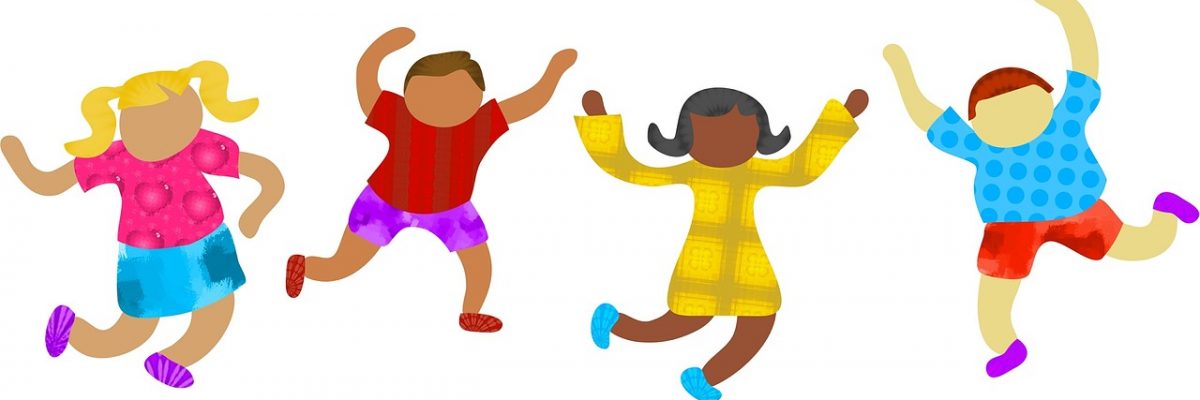The third phase “Reading and Writing” corresponds to the formal schooling years , more specifically age six to nine. The child has mastered the spoken language and the basic grammatical structures. He now learns the written form of the language. During this phase the emphasis is on the mastery of reading and writing. At the near end of this phase, the eight year old has a command of about 80% of the grammar and 17,000 word to his disposal. In order for the child to acquire proficiency in the language, the parents can further support this endeavor by:
- taking the time to develop a more profound communication with the child
- listening to the child with great attention
- recounting stories using diversity in vocabulary as well as reading out loud to the child
- encouraging the child to read
- writing greeting cards together, for example birthday and Christmas cards
- playing age appropriate computer games which foster reading and writing skills
- cooking together
- conducting experiments and enjoying adventures together
- planning outings with the child for the purpose of increasing specific use of vocabulary (for example, to the museum, to the zoo, or a visit to the local fire department)
It is important at this stage to uncover any impediments in speech or language development, for example Dyslexia. One should consult the child’s pediatrician if one suspects that the child is not showing normal progression. A speech therapist as well as an Ear, Nose, and Throat Specialist can be consulted as well.
Tip: Learning to read and write in the minority language is the key in the bilingual education! Children that are capable to write and read in both language can improve the language continuerlly!
Tip: Visit our Links specially the categorie “ABC” !
Go to our section Typical Problem: Reading and Writing.
Further in Phases of language Development: Language as Educational Tool
Back to Phases of Language Development to: Language to Communicate


